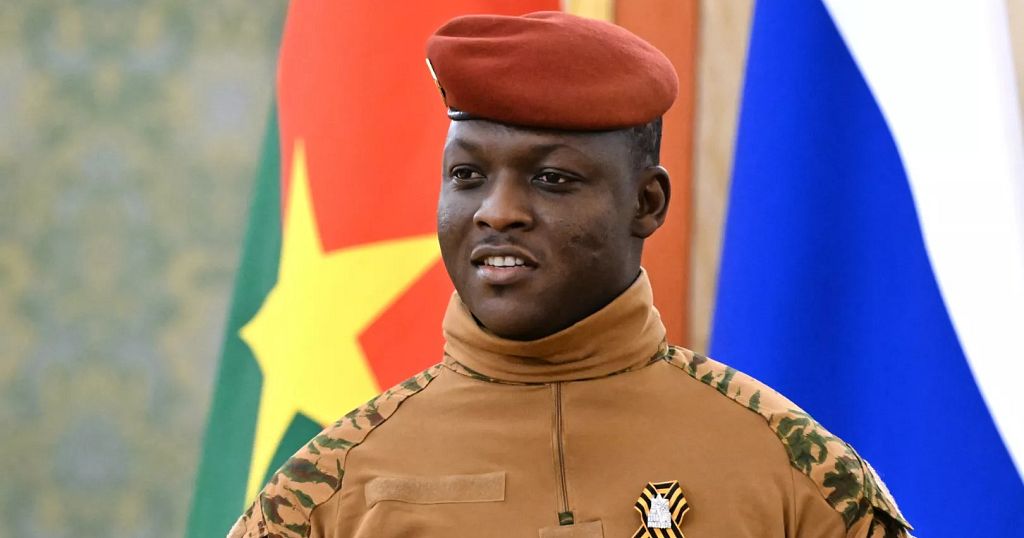Burkina Faso’s parliament has unanimously passed a law that bans homosexuality, with offenders facing prison sentences of two to five years, according to the state broadcaster. The amended family code was approved on Monday, putting into effect a law that had been pending for over a year since it was initially approved by the military government of Ibrahim Traore.
This move positions Burkina Faso among more than half of Africa’s 54 countries that have laws prohibiting homosexuality, with penalties ranging from several years in prison to the death penalty. These laws, although criticized internationally, enjoy significant support within the countries where they are enacted, with many locals and officials viewing homosexuality as a behavior introduced from abroad rather than a natural sexual orientation.
Burkina Faso’s neighbor, Mali, which is also governed by a military junta, passed a similar law in November, indicating a trend of increasing legal restrictions on LGBTQ+ rights in the region. Both Uganda and Ghana have also tightened their anti-gay legislation in recent years. In Uganda, “aggravated homosexuality” can be punishable by death, and same-sex relations can lead to life imprisonment.
The new law in Burkina Faso became effective immediately, meaning individuals in same-sex relationships are now at risk of facing prison sentences as well as fines, as stated by Justice Minister Edasso Rodrigue Bayala. During a briefing broadcast on state TV, the minister referred to homosexual acts as “bizarre behavior.” Officials have framed the new law as a measure to uphold “marriage and family values” in Burkina Faso.
Addressing potential offenders, the justice minister warned, “You will go before the judge.” This development comes as Burkina Faso has been governed by the military since a coup in 2022, which the military claimed was necessary to stabilize the country amidst a worsening security crisis and to improve governance.
However, rights groups have accused the junta of suppressing human rights, citing the widespread arrest and forced military conscription of critics. Since taking power in September 2022, following the second coup that year, junta leader Traore has positioned himself as a champion of pan-Africanism, emphasizing independence from Western influences. This rhetoric often resonates with Africa’s younger population.
The implementation of this law marks a significant step in the country’s legal stance on homosexuality, aligning with a broader regional trend that reflects complex societal attitudes towards LGBTQ+ rights. As the situation unfolds, international observers and human rights organizations are likely to monitor developments closely, given the implications for human rights and individual freedoms in Burkina Faso and the wider African context.
